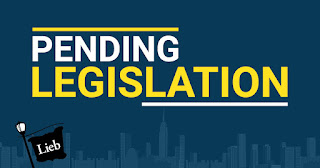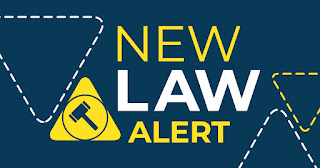The New York State Legislature passed Bill S4516C, which criminalizes falsifying COVID-19 vaccination records including cards, and the bill awaits the Governor's signature to become effective, as law, immediately when signed.
The Bill amends the Penal Law to include vaccination cards as a written instrument. For a false vaccination card to be considered a written instrument the card must include either a government logo or something suggesting it was created by a government entity; it must suggest that the card was provided to a person by a vaccine provider; and must includes a date the person received the vaccine, the type of vaccine, and a lot number.
The Bill also amends the Penal Law to include that when someone intentionally alters, in any manner, or destroys computer material indicating that a person did or did not receive a vaccination against COVID-19, it shall be considered the crime of computer tampering in the third degree.
The penalties for violating this new law are class A misdemeanor for tampering with public records in the second degree; class D felony for tampering with public records in the first degree; class A misdemeanor for offering a false instrument for filing in the second degree; class E felony for offering a false instrument for filing in the first degree; class E felony for issuing a false certificate; and class E felony for computer tampering in the third degree.









